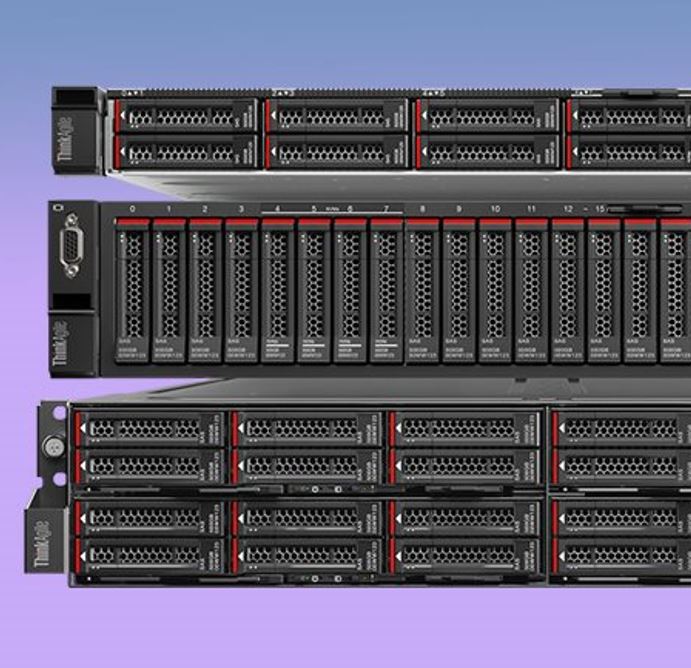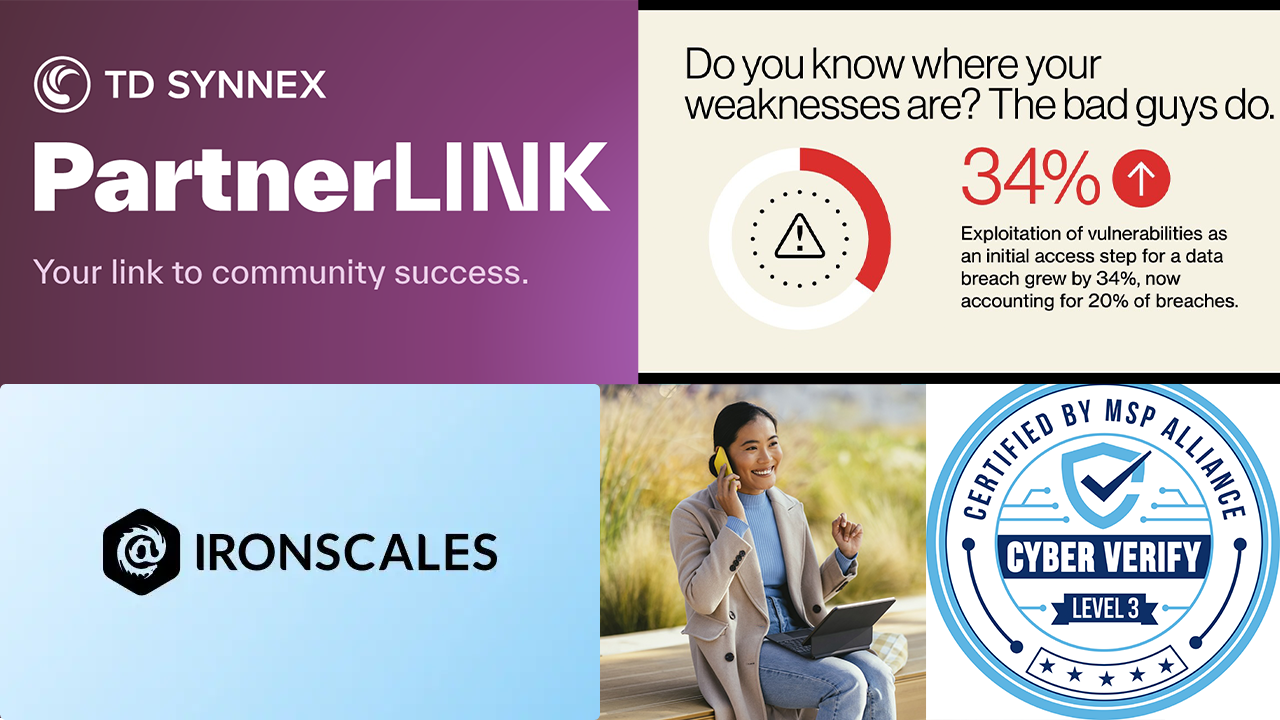Lenovo has introduced a set of hyperconverged infrastructure (HCI) systems designed to support virtual desktop infrastructure (VDI) solutions and other demanding workloads.
Developed in partnership with Nutanix, Microsoft, and VMware, among others, the new systems come with remote management capabilities and other features needed by organizations struggling to embrace what Lenovo calls “the new, smarter normal” brought about by the coronavirus pandemic, according to Kamran Amini, vice president and general manager of server, software, and software-defined infrastructure in Lenovo’s Data Center Group (DCG).
“[They] don’t have tons of people sitting at data centers or small medium offices and remote branch offices to do the implementation and the lifecycle management of that IT,” he notes.
Included among the new systems are the first members of Lenovo’s ThinkAgile HX series bearing AMD EPYC processors. Those units fit two sockets, up to 64 cores, and up to 2 TB of memory in a 1U form factor equipped with factory installed Nutanix HCI software. SKUs featuring dual NVIDIA T4 GPUs are available as well for businesses with engineers, architects, and other users of I/O-intensive software.
“Customers will be able to deploy a lot more VDI users on a single platform versus before,” says Shekhar Mishra, director of software-defined infrastructure in Lenovo’s Data Center Group. “That ultimately reduces the cost of not only the initial deployment of these clusters, but also the ongoing management.”
The new HX series products are slated to reach market in late November.
Engineered in collaboration with Microsoft, Lenovo’s new ThinkAgile Azure Stack HCI Edge and Data Center Solutions are tailored to organizations that wish to base the private portion of a hybrid cloud infrastructure on the Azure Stack private cloud platform.
“When a lot of those customers are looking at solutions and workloads that they don’t really want to deploy in public cloud, they want a solution that is very easily extensible and manageable from public to on-prem,” Mishra observes. “We are giving customers a choice all the way from edge to core to cloud across the entire ecosystem with Microsoft.”
The new ThinkAgile MX systems come with an enhanced version of Microsoft’s Windows Admin Center console offering extended lifecycle management functionality.
“We are integrating a lot of the features within Windows Admin Center so that when IT customers deploy these clusters they have a very simple experience all the way from when they procure these clusters and try to deploy them and they manage them and then the ongoing support,” Mishra says.
Buyers will have the option of purchasing the Microsoft-based systems on a consumption-based, pay-as-you-go basis.
Products in the updated Lenovo ThinkAgile VX HCI Solutions series announced today are designed to support SAP HANA databases running on VMware virtualization software. Beefed up specs enable the new units, which will reach market later this month, to support up to 6 TB of data, versus 3 TB in previous generation systems.
“Every VM is about 1.5 TB, so you can have up to four VMs supported on this platform,” Mishra notes. NVMe storage drives ensure fast load times as well, he adds.
Also unveiled today is a new product created in partnership with Diamanti, a maker of bare metal systems designed to accelerate rollouts of containerized applications based on the Kubernetes platform. The SR630, which runs on Lenovo ThinkSystem servers and is available immediately, enables users to set granular quality of service policies for compute, network, and storage via a management interface offering consolidated access to multiple Kubernetes clusters.
The Diamanti system is the latest output of Lenovo’s OEM ON DEMAND program, which allows third-party ISVs to build turnkey, integrated infrastructure solutions on Lenovo hardware.
All of the new HCI offerings showcased today are backed by optional assistance from Lenovo’s professional services organization, which has recently developed a range of new remote deployment, configuration, and management capabilities to help customers impacted by coronavirus-related distancing requirements. “All of those things help customers who are suddenly, unexpectedly having to deal with not having people where they need them,” notes Ben Martin, executive director and general manager of professional services and everything as a service (XaaS) in Lenovo’s Data Center Group.
Lenovo rolled out a revised DCG partner program in April, and more recently introduced a new portal for members of both that program and the company’s client device group.














